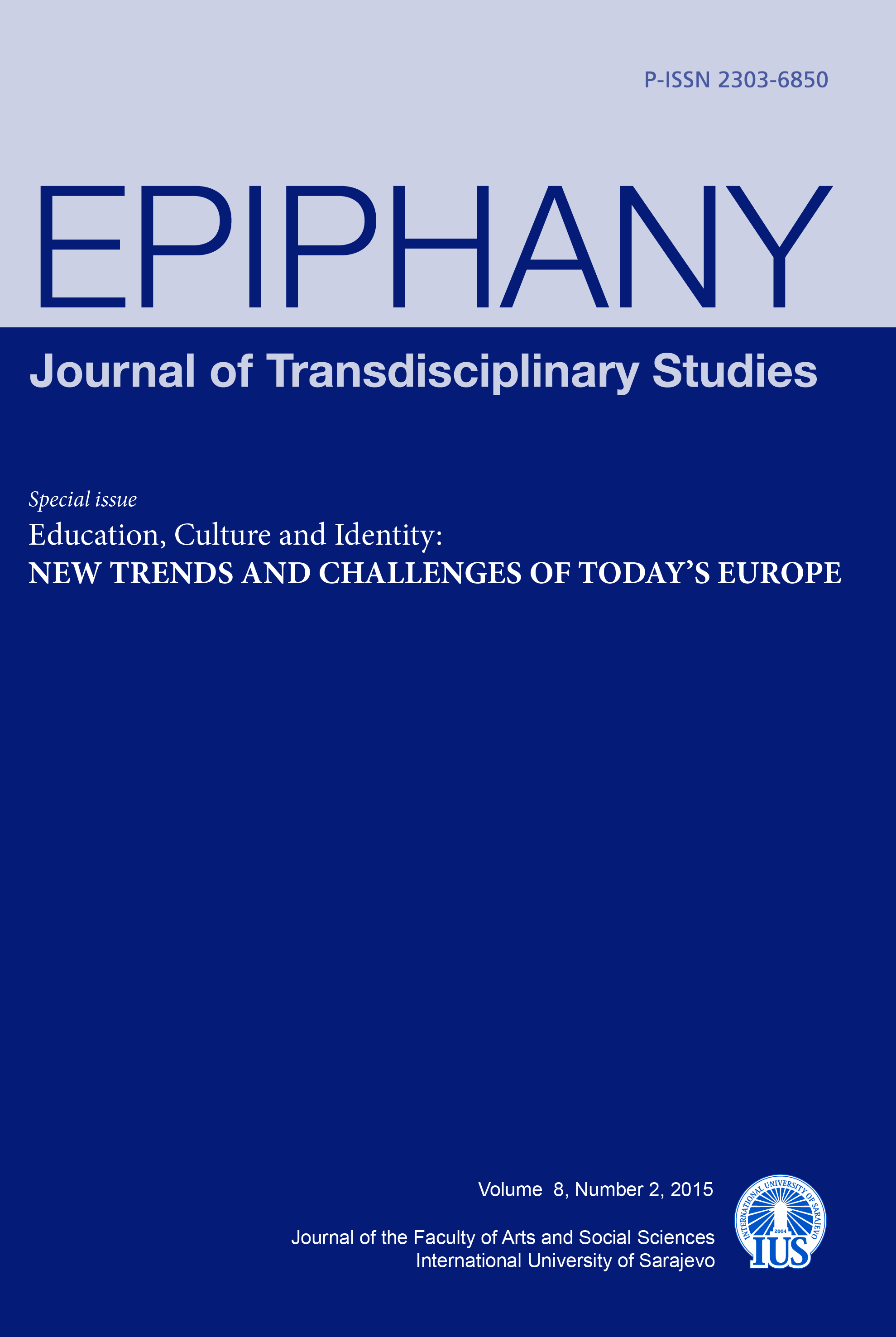Is communication really food?
Is communication really food?
Author(s): Sandra VeinbergSubject(s): Media studies, Theory of Communication, Social Theory, Sociology of Culture
Published by: International University of Sarajevo
Keywords: Media effects; Communication; Toxic Communication; Social Media; Bakhtin; Thich Nhat Hanh;
Summary/Abstract: This paper examines a new doctrine for communication. It argues that effective communications are as important to our well being and happiness as the food we put into our bodies. ‘It can either be healthy (and nourishing) or toxic (and destructive),’ notes the Zen master and Buddhist monk, Thich Nhat Hanh. To examine this theory I decided to test my students. Use was made of a non-proportional stratified sample of younger adults, a total of 200 students who were involved in the survey study. Research is also based on an analysis of a qualitative research programme (a qualitative study) which involved 200 questionnaire texts that were set using two methods: critical discourse analysis and context. The results of my research show that students stressed that they were not using traditional forms of media, that the younger reader wants dialogue with the author or journalist, and that they tend to favour relationship-based communications which are offered by social media. My conclusions show that social media is regarded as ‘an anti-loneliness tool‘, and that it encourages a dialogue between the transmitter and the reader and allows a dialogue between them both. Language acts here as a relationship-building resource and shows a level of interaction between text and participants. This shows that, via social media, the internet provides a special form of communication which compensates the audience as might a gourmet restaurant.
Journal: Epiphany. Journal of Transdisciplinary Studies
- Issue Year: 8/2015
- Issue No: 2
- Page Range: 143-159
- Page Count: 17
- Language: English

